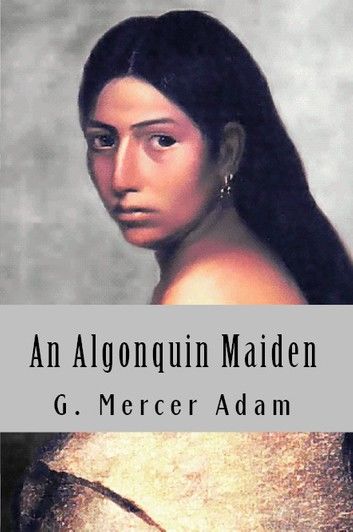| FindBook |
有 1 項符合
An Algonquin Maiden的圖書 |
 |
An Algonquin Maiden 作者:G. Mercer Adam 出版社:Serapis 出版日期:2014-09-19 語言:英文 |
| 圖書館借閱 |
| 國家圖書館 | 全國圖書書目資訊網 | 國立公共資訊圖書館 | 電子書服務平台 | MetaCat 跨館整合查詢 |
| 臺北市立圖書館 | 新北市立圖書館 | 基隆市公共圖書館 | 桃園市立圖書館 | 新竹縣公共圖書館 |
| 苗栗縣立圖書館 | 臺中市立圖書館 | 彰化縣公共圖書館 | 南投縣文化局 | 雲林縣公共圖書館 |
| 嘉義縣圖書館 | 臺南市立圖書館 | 高雄市立圖書館 | 屏東縣公共圖書館 | 宜蘭縣公共圖書館 |
| 花蓮縣文化局 | 臺東縣文化處 |
|
|
圖書介紹 - 資料來源:樂天KOBO 評分:
圖書名稱:An Algonquin Maiden
It was a May morning in 1825 - spring-time of the year, late spring-time of the century. It had rained the night before, and a warm pallor in the eastern sky was the only indication that the sun was trying to pierce the gray dome of nearly opaque watery fog, lying low upon that part of the world now known as the city of Toronto, then the town of Little York. This cluster of five or six hundred houses had taken up a determined position at the edge of a forest then gloomily forbidding in its aspect, interminable in extent, inexorable in its resistance to the shy or to the sturdy approaches of the settler.
|











